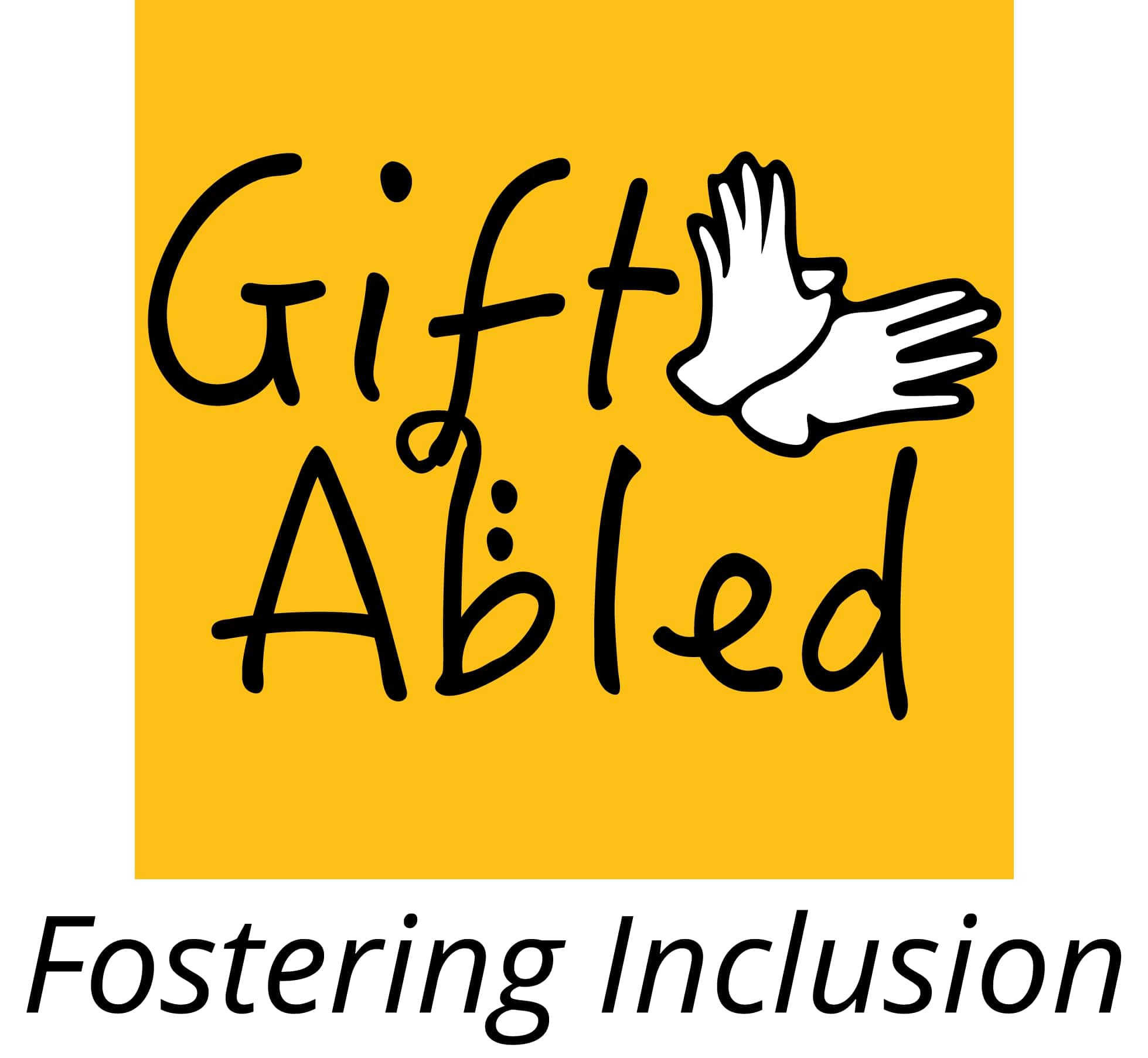ACCESSIBILITY INNOVATIONS 2019 – CHANGING LIVES
2019 has been an exciting year for Accessibility. As we end this wonderful year, let’s look at some of life changes advances in the field. Speech recognition technology with a mobile device, computer or smart home device has been a real game-changer. The adoption of smart home devices is rising within the community..
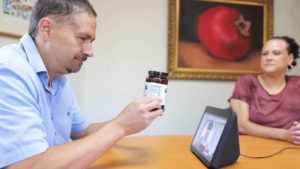
Recently, Amazon announced the launch of ‘Show and Tell,’ a new feature of its flagship digital home assistant device designed to help users with vision loss more effectively navigate their own cupboards. With Show and Tell, customers who are blind and have low vision can hold up an item to the Echo Show camera and ask, ‘Alexa, what am I holding,’ and Alexa helps identify the item through advanced computer vision and machine learning technologies for object recognition.” Personal Smart Devices like Alexa already make great accessibility companions, as they can connect to communication devices, like iPads, or quickly and easily relay important information to the user. They are becoming the norm for people to interact with content. It’s incredibly powerful for people with disabilities.
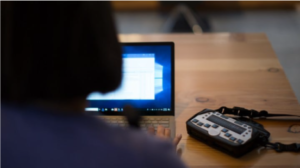
Gaming mustn’t always require cumbersome handheld controllers. Microsoft’s Eyes First suite paved the way making gaming fun for children with limited mobility lots of fun. These games are playable using only eye movement. “People with speech and mobility disabilities can face limitations in communicating and using computer technology to play (games), collaborate, engage, be productive,” the company said. The games encourage skill building for use with other eye-controlled technologies, but as importantly, they create new possibilities for people with disabilities to have fun and become a part of the gaming community.
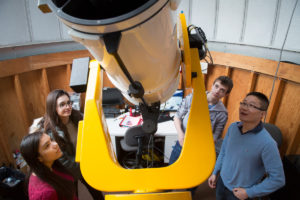
For years, Harvard’s Clay Telescope has given visitors a surreal view of faraway skies and planets. Now, the Ivy League school is focused on bringing that beauty to those who can’t see it in a traditional manner. As reported by the Harvard Gazette, the school is offering cutting-edge technologies to visitors with vision impairment, capable of translating light into sound. This, the Gazette notes, gives them the chance to quite literally listen to the stars they can’t see. “Astronomy is a very visual science, and it’s important to be able to include a person with a visual impairment in our labs” says the Manager of the Astronomy Lab and Clay Telescope.
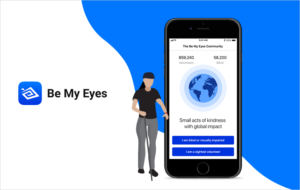
Other than these there have a few more devices and apps which have caught the attention of the community. Smart Caption Glasses – by Epson and the Be My Eyes App.
Smart caption glasses are now enabling people with hearing loss to enjoy performances at the National Theatre in London. On the lenses of the augmented reality glasses users see a transcript of the dialogue and descriptions of the sound from a performance. The glasses, released this year, are the culmination of 4 year collaboration between the National Theatre and speech and language experts led by Professor Andrew Lambourne, as well as Accenture and Epson. They’ve proved very popular, with 51 theatre goers using them in the first two weeks of release this year.
Be My Eyes is a free smartphone app for blind people and those who are partially-sighted. It’s for those times when a pair of eyes are needed briefly to, for example, check sell by dates on items or find something that’s lost around the home. Using their phone camera and an internet connection, the person without sight can quickly access a network of more than one million sighted volunteers who will help them see the world around them by explaining what they see via their camera link-up. Used in 150+ countries, with help in 180 different languages, users can ask for support choosing what clothes to wear, reading a bus timetable and much more. Persons with Visual impairment also have the option to call certain companies through the app. i.e, they can call Microsoft for tech help and link up with their camera so the agent can, for example, see the blind person’s computer and offer more targeted help..
As we embrace the new year lets hope and commit ourselves to finding more innovative solutions which could make our environment truly inclusive.
